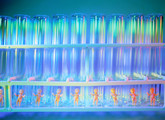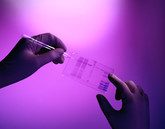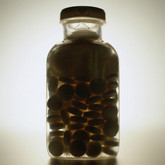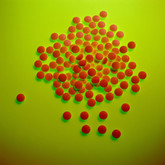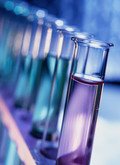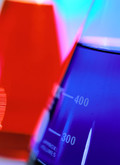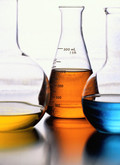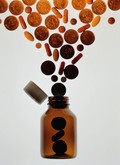Biosimilars/Research
The market for global and European biosimilars
Due to expiring patents for brand name products, cheaper generics are expected to grab market share [1]. This is not surprising due to the list of blockbuster drugs losing their patent protection in 2011 and 2012. These include the world’s best-selling drug, Lipitor (atorvastatin), which in 2010 had almost US$13 billion in worldwide sales, accounting for 15.8% of Pfizer’s total revenue [2].
Biosimilars and the pharmaceutical industry
IMS Health predicts a slowing down of the growth in annual spending on medicines, with generics being one of the main contributing factors for this reduction.
Development of biosimilars
Costs and risk reduction are facilitating product development of biosimilars [1].
Standards for biosimilars or ‘alternative’ biologicals in India
In the highly regulated market of the EU clear and rigorous guidelines exist for approval of biosimilars. In the EU biosimilars must ensure the same quality, safety and efficacy, as any other product, along with demonstrating biosimilarity (comparability) with the reference product.
Immunogenicity of biosimilar low molecular weight heparins
In a presentation by Professor JM Walenga and colleagues from the Loyola University Medical Center, Illinois,USA, 'immunogenicity issues faced by biosimilar low molecular weight heparins (LMWHs)' were discussed [1].
Timing of the launch of biosimilars in Europe
When and where to launch a new biosimilar to ensure that its uptake is the most effective throughout Europe is an issue that affects all pharmaceutical companies working on biosimilars [1].
Challenges ahead for biosimilar development
Biosimilars, it seems are here to stay, but there is still some way to go before they become commonplace. There is also concern over the associated costs for biological medicines. The cost of biotech therapies is expected to steadily grow by about 30% (an approximately 20 fold increase in 10 years) by 2016.
How cheap will biosimilars need to be
What level of discounts will biosimilars need to provide to be competitive? Some believe that biosimilars will need to provide substantial discounts, being priced as low as 25%, and not 75%, of the originator price [1].
Biosimilar regulatory issues
In Europe, the regulatory frameworks for biosimilars are largely established, with both general guidelines and product specific guidelines put in place by the EMA, covering human insulin, somatropin, human growth hormone, erythropoietin, interferon-alpha, low molecular weight heparin and monoclonal antibody. The agency is also currently working on draft guidelines for a number of other product class specific guidelines, including interferon-beta and follicle stimulation hormone.
Manufacturing of biosimilars
Manufacturing of biosimilars is more challenging than the traditional small molecule generics. Some of the reasons are:
- Investments (including operating costs) associated with manufacturing of biosimilars along with the risk of failure for biosimilars are significantly higher than that for small molecule generics. This results in a relatively smaller discount for biosimilars compared to small molecule generics.
- Minor changes in manufacturing process can cause significant changes in efficacy or immunogenicity.
- Biosimilars are larger and more complex molecules to manufacture.
